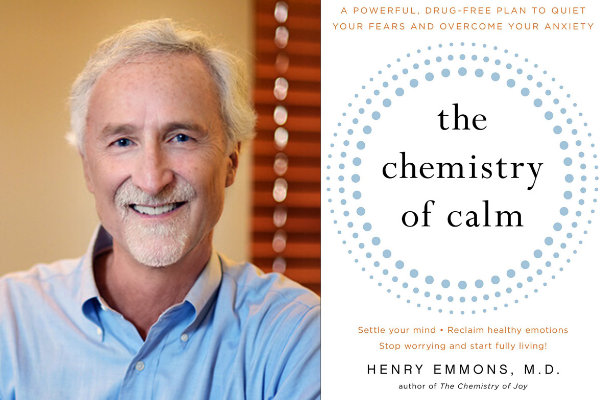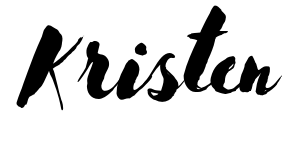2020 has brought our minds more stress than most of us have ever experienced. At various times in the day, we may find that our bodies are flooded with stress hormones and negative energy.
FREE DOWNLOAD: FIVE WAYS TO QUICKLY CALM THE MIND
So, how do we get calm?
Today’s guest thinks a lot about this, especially as he wrote his book The Chemistry of Calm: A Powerful, Drug-Free Plan to Quiet Your Fears and Overcome Your Anxiety, which we dove into during today’s interview.
Henry Emmons is an integrative psychiatrist who weaves together mind-body and natural therapies, mindfulness teachings, and other holistic approaches to mental health problems like depression and anxiety. In addition to The Chemistry of Calm, he’s authored three more books, including The Chemistry of Joy: A Three-Step Program for Overcoming Depression Through Western Science and Eastern Wisdom.

Let me just say, I love this guy. He is speaking my language. His approach to mental and emotional resilience is, at least to me, just common sense. It takes into account diet, exercise, supplements and mindfulness, a whole human approach to wellness that we know is quickly becoming the gold standard in progressive health care.
Henry isn’t opposed to prescribing anti-anxiety medication. But what he challenges us to do is to consider what else we could be doing to feel better? How else might we take care of ourselves in order to produce a more resilient mind. List to our interview here:
You can learn more about Henry Emmons, his practice and his books at www.partnersinresilience.com.
FIVE TAKEAWAYS
- Stress, especially sustained stress, really requires us to bolster our resilience. In the Chemistry of Calm, Henry takes a very holistic approach to building resilience, looking at diet, exercise, nutritional supplements and mindfulness. We can absolutely take a pill to feel better, but it’s not necessarily going to help us build emotional resilience.
- Think of resilience as a container. We’re not all born with the same size container, but the truth is, our container’s capacity is less important than how skilled we are at keeping our container filled, how well we tend do our energy and care so that we continuously cultivate more resilience.
- The concept of building more resilience goes hand-in-hand with the case for having a consistent mindfulness practice that we begin to institute not when we are in crisis but when we are going through easier times. Think about how a morning centering practice, with 30-60 minutes to get grounded and anchored before you start your day, could become a keystone habit in your aim to become more resilient.
- A big part of this is learning to manage our energy. We need to give our body the best chance to produce and use energy in the best way possible. Periods of rest between activities are paramount. But the most important part of bolstering our energy system is sleep. We all need good sleep in order to be resilient.
- Probably the biggest barrier to good self-care, as Henry sees it, is that it’s just so hard to change behavior. But we can learn to do these things in the context of a community, which not only makes it easier to integrate but it also tends to our natural need to connect with others. So, if you are thinking about making some changes and adopting some new habits to bolster your mental resilience, think about creating or joining a group to create accountability or camaraderie.
SHARE & SUBSCRIBE
Until next time, stay well out there.
